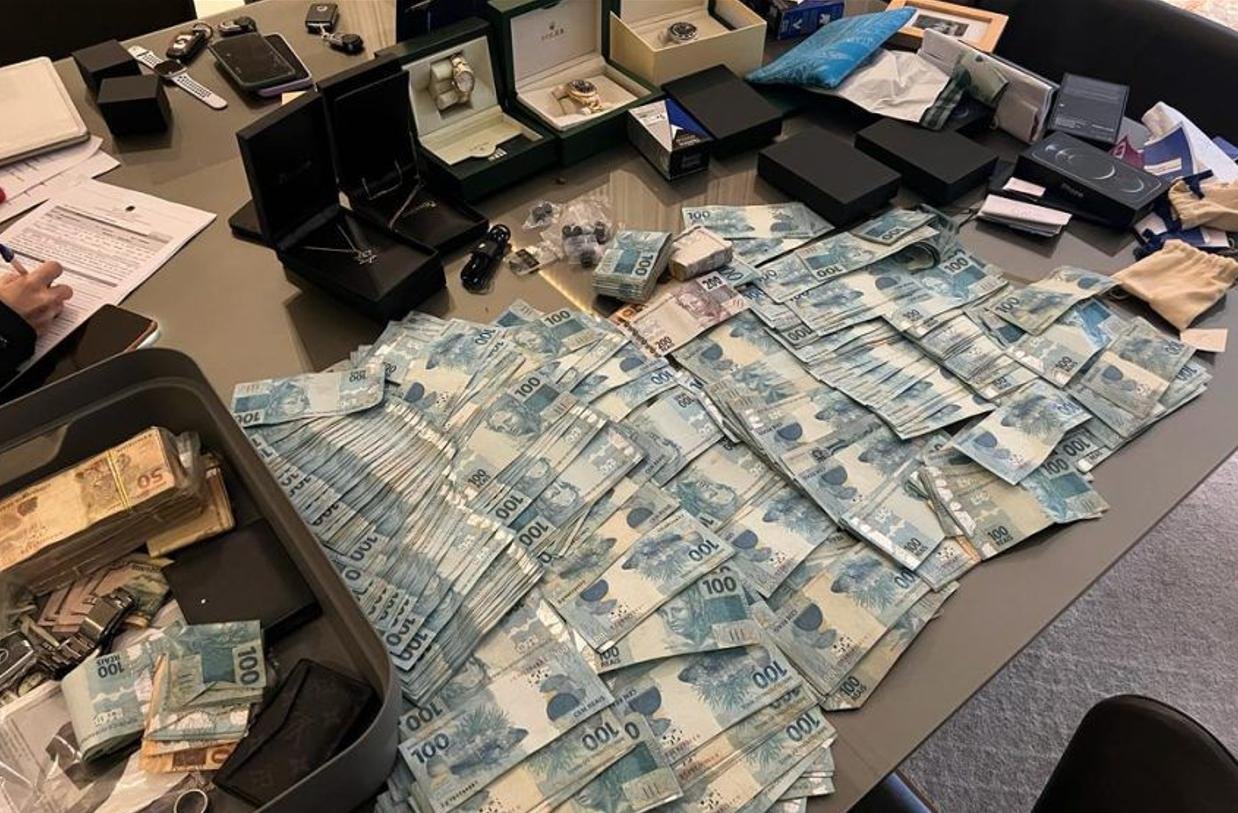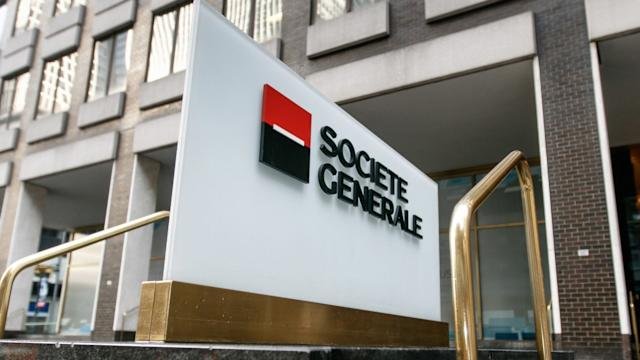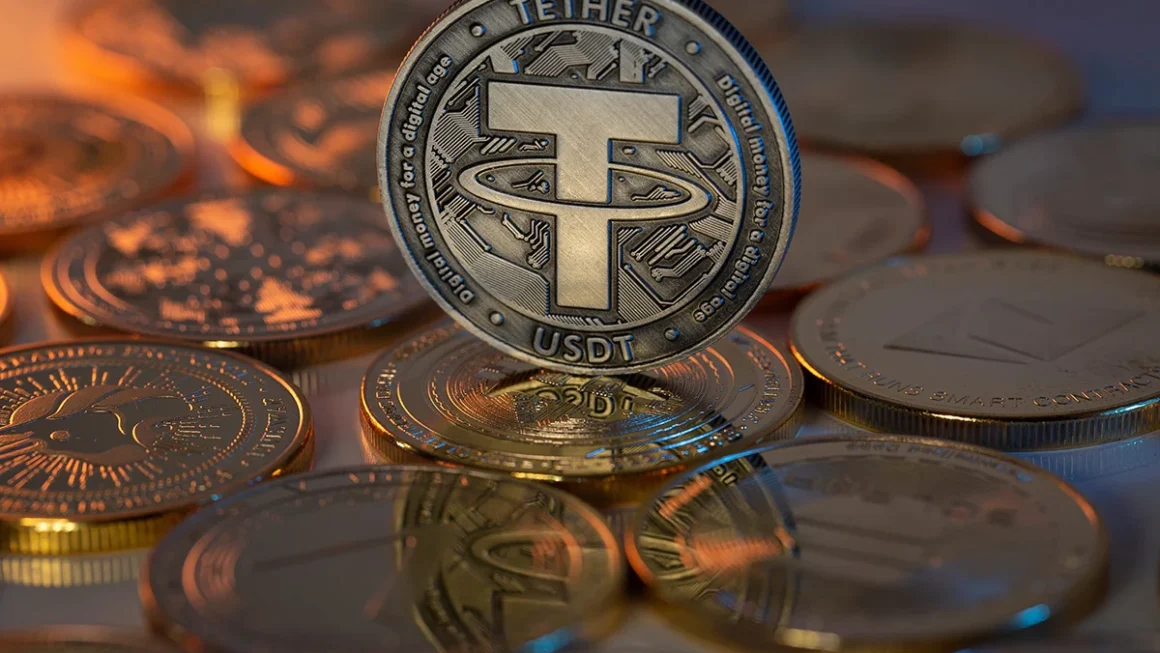On 2 September, the Brazilian Federal Police launched a major operation to dismantle a criminal network on money laundering, commodity trafficking, and tax evasion. Search and seizure warrants have been executed in several cities, including Araçatuba and São Paulo, as explained in the official press release. Law enforcement officials seized luxury cars, firearms, drones, and electronic equipment.
According to the authorities, the network used fictitious companies and bank accounts abroad to conceal its illegal activities. The funds were then converted into cryptocurrencies to complicate traceability. One of the companies involved is said to have transferred more than a billion reais into cryptocurrencies over 18 months.
Those arrested face multiple charges, including conspiracy, smuggling, tax evasion, and money laundering. If convicted, they face severe prison sentences.
Moreover, if the term “Hawala” seems to you to be taken out of a spy film, you are not far from the truth. In Arabic, the word “transfer” or “confidence”. Hawala is an informal and ancestral remittance system that operates outside traditional banking channels. Based on trust between a network of brokers (the hawaladars), it allows money to be moved around the world without a single ticket crossing borders.
In other words, this mode of operation is a dream for criminal networks and traffickers, who have been using it for decades to move funds in a discreet way. The choice of this name by the Brazilian police is therefore no coincidence: it is an ironic and well-founded wink to the method of money laundering that criminals have tried to modernize … through cryptocurrencies.
Fight against money laundering: a global problem.
Brazil, like many other countries, is stepping up its efforts to regulate the use of cryptocurrencies and prevent their use for criminal purposes. This operation demonstrates the authorities’ readiness to strike hard to dismantle the criminal networks that exploit the flaws in the traditional and digital financial systems.
Beyond the criminal aspect, this case also raises questions about the regulation of cryptocurrencies in Brazil. The country has recently passed laws to regulate the use of digital assets, but the challenges remain. Authorities will need to step up their efforts to monitor suspicious transactions and work with exchange platforms to identify users involved in illegal activities.
It should be noted that this is not the Brazilian authorities’ first net. In April 2025, the Braiscompany case revealed a large-scale scam in the cryptocurrency sector, with a Ponzi system that defrauded 20,000 investors of more than 190 million dollars. The brains of the operation were sentenced to more than 120 years in prison.
Operation Hawala marks an important step in the fight against money laundering via cryptocurrencies in Brazil. It stresses the need for the authorities to remain vigilant in the face of the rapid development of financial technologies and the methods used by criminals to conceal their activities. As the country continues to adopt cryptocurrencies, it will also need to strengthen its regulatory mechanisms to prevent their use for illicit purposes.



